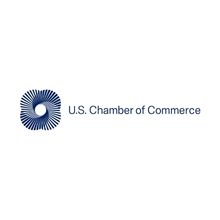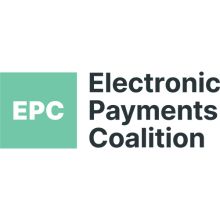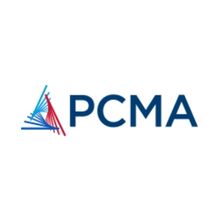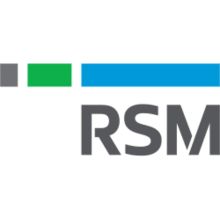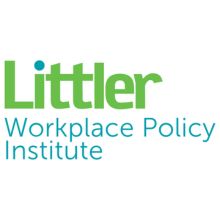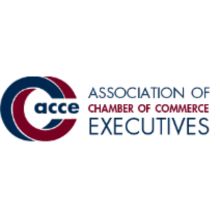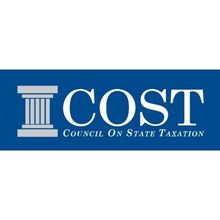Paid Leave
Paid Family LeaveThe federal Family Medical Leave Act of 1993 (FMLA), applies to employers with 50 or more employees and provides up to 12 weeks of unpaid leave during a 12-month period to care for a family member, newborn, or adopted or foster child, or to attend to employee’s own serious medical health condition. States and localities have begun to expand FMLA to mandate guaranteed paid leave for employees to address family or medical issues. Currently, six states (California, New Jersey, New York, Rhode Island, and Massachusetts) and two localities (San Francisco and Washington, DC) have passed paid family leave programs. The programs in three states (California, New Jersey, and Rhode Island) have existing programs while Washington state and D.C. will launch programs in 2020, and paid leave will become available in Massachusetts in 2021. Each state offers between four and twelve weeks of paid leave to qualifying employees per year at varying levels of wage replacement. In the three states with the longest-running paid family leave, programs are funded through employee contributions (New Jersey is the only state that requires an employer contribution). In California, for example, the program is funded by a 1 percent payroll tax on employees. Qualified workers collect benefits from the state's disability insurance program and can take six weeks off and receive approximately half of their normal salary (up to a maximum of $1,100 per week). One implementation hurdle in enacting paid leave programs is that only five states—California, Hawaii, New Jersey, New York, and Rhode Island—have existing disability insurance programs, and therefore the only states with an existing, simple way to fund a paid leave program. Hawaii is the only state with a disability program, but not paid family and medical leave.
Click on image to download a copy of the map. State Chambers are encouraged to use, share, and rebrand any of the materials COSC provides members. COSC staff are happy to work with you to update and edit any of our maps or other materials (email [email protected]) to meet your needs.
Research & ResourcesChamber Resources
Journalism & Opinion
Paid Sick LeaveDespite arguments from employers that mandated paid leave raises the costs for businesses to hire new workers, particularly smaller companies and those already operating on slim profit margins, it remains popular and a top legislative issue for progressive groups. Currently, 13 states and Washington, D.C., require private employers to provide paid sick leave to their employees.
Click on image to download a copy of the map. State Chambers are encouraged to use, share, and rebrand any of the materials COSC provides members. COSC staff are happy to work with you to update and edit any of our maps or other materials (email [email protected]) to meet your needs.
In 2011, the Connecticut legislature passed the nation's first paid sick leave law for private employers (Paid Sick Leave Act), but its application is limited to certain service workers. Under the Connecticut law, employers with 50 or more employees are required to provide accrued paid sick leave each year, up to 40 hours. Washington, D.C., enacted its own Sick and Safe Leave Act in 2008, and a number of other cities have adopted paid sick leave laws. These local actions have prompted some state legislatures to legislation blocking cities from enacting their own sick leave ordinances. Just before the end of California’s 2014 legislative session, lawmakers passed a bill (Healthy Workplaces, Healthy Families Act of 2014 (AB 1522)) to mandate private employers provide employees with three days of paid sick leave each year. The final measure passed despite opposition by major employee unions and the ire of several prominent Democrats after the bill was amended to exclude home healthcare workers. However, Governor Brown (D) supported the final measure and signed the bill into law, making California the second state to mandate that private employers provide paid sick leave. In November 2014, voters passed a ballot initiative making Massachusetts the third state to mandate paid sick leave for private employers (Earned Sick Time for Employees). The measure requires that employers with more than 10 workers provide up to 40 hours of paid sick leave to its employees. After the law goes into effect July 1, 2015, Massachusetts employees will earn at least one hour of sick leave for every 30 hours worked. Oregon became the fourth state the pass paid sick leave in July 2015 when Governor Brown (D) signed a paid sick leave mandate (OR SB 454) into law. The new paid sick leave law (effective Jan. 2016) will provide workers at companies with ten or more employees with 40 hours of paid sick leave per year. In 2016, Vermont passed a paid sick leave law, and voters in Arizona and Washington passed ballot measures that enacted paid sick leave mandates on private employers. In 2019, Maine and Nevada became the 12th and 13th states, respectively, to enact a paid sick leave mandate on private sector employers. But unlike other states that previously enacted paid sick leave, Maine and Nevada each mandated that employers must provide employees with paid leave for “any reason” rather than limiting mandated leave to just sickness. Research & ResourcesChamber Resources
Research
Journalism & Opinion
|


